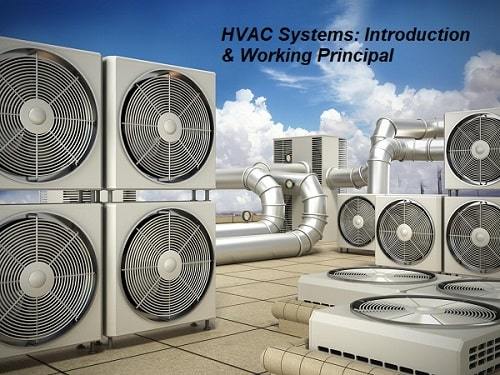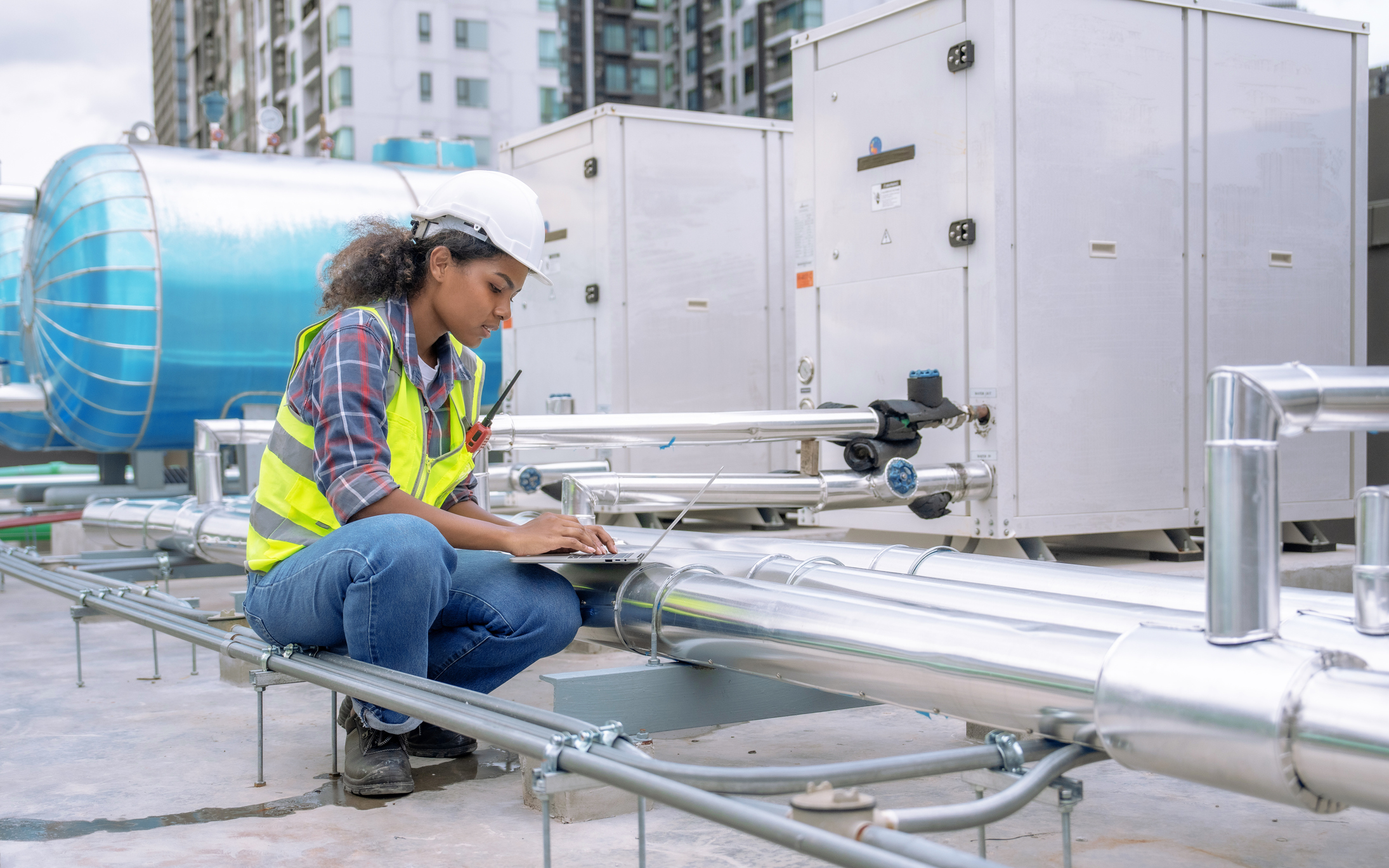How A/c Equipment Revolutionize Indoor Environments for Year-Round Comfort
The introduction of air conditioning systems has undeniably transformed the way we experience interior settings, using unprecedented control over temperature and comfort throughout the year. These systems go beyond mere temperature level changes; they boost interior air high quality and contribute significantly to energy effectiveness.
Temperature Level Control and Versatility
When it comes to attaining year-round comfort, the importance of temperature level control and versatility in air conditioning systems can not be overemphasized. Modern air conditioning units use advanced technologies such as programmable thermostats and variable rate compressors, which allow individuals to maintain preferred temperature levels with impressive effectiveness.
Versatility is one more important part of modern air conditioning systems. In addition, some systems include wise modern technology, making it possible for remote accessibility and management through mobile devices.
In commercial spaces, this flexibility is particularly useful, as it enables companies to create tailored environments that enhance productivity and customer complete satisfaction. Eventually, the precision and adaptability of modern air conditioning systems play a crucial duty in delivering reliable, year-round interior comfort.
Enhancing Indoor Air Quality
In addition to temperature level control, improving interior air quality is an essential facet of contemporary air conditioning systems. Including high-efficiency particulate air (HEPA) filters, contemporary air conditioners can catch tiny particles, such as dirt, plant pollen, and smoke, which add to respiratory concerns and allergic reactions.
In addition, advanced a/c systems usually include functions such as moisture control, which is critical in protecting against mold growth and keeping optimum moisture degrees (HVAC Contractor). Too much humidity can result in pain, advertise microbial development, and exacerbate certain health and wellness problems. By managing moisture, air conditioning system help reduce these threats, better enhancing indoor air high quality
In addition, some systems incorporate air purifiers and ionizers, employing technologies that reduce the effects of toxins and shut down air-borne virus. This comprehensive method to air quality administration guarantees a healthier indoor environment, decreasing the risk of disease and improving overall well-being. Consequently, the focus on air top quality improvement emphasizes the developing role of a/c systems beyond mere temperature policy.
Energy Performance Innovations
Modern air conditioning systems have undergone substantial improvements in power performance, contributing to both price savings and ecological sustainability. The adoption of high-efficiency compressors, variable speed motors, and progressed refrigerants are essential innovations that have actually changed how these systems run.
Smart thermostats have additionally played a vital role in enhancing power effectiveness. These tools discover customer preferences and adapt cooling routines as necessary, making sure that air conditioning systems run only when necessary. Combination with clever home technologies enables remote control and tracking, further reducing power wastefulness.
These refrigerants are not just better for the environment but also boost system efficiency, lining up with worldwide efforts to decrease carbon footprints. Developments in heat exchanger technology have enabled more reliable warmth transfer, improving total system performance.
Influence On Health and Well-being
The influence of cooling systems on wellness and health is complex, influencing different elements of day-to-day live. Largely, these systems supply remedy for extreme temperature levels, which is crucial for at risk populaces such as the elderly ductless hvac system and people with specific health problems. By preserving a stable indoor climate, cooling minimizes the risk of heat-related illnesses, consisting of heat fatigue and heatstroke, thus safeguarding owners' health and wellness.

Nonetheless, it is vital to keep a/c systems frequently to ensure their optimum performance and to avoid possible health and wellness risks connected with badly kept units, such as the spreading of germs. Inevitably, when successfully managed, a/c systems play a critical function in enhancing convenience, advertising health, and sustaining a much healthier living atmosphere throughout the year.
Combination With Smart Modern Technology
Smart innovation has actually revolutionized the means a/c systems run, providing boosted convenience, effectiveness, and control. Modern cooling units now incorporate flawlessly with smart home ecological communities, allowing individuals to handle their interior climate remotely using mobile phones or voice-controlled tools. This connection makes it possible for real-time monitoring and modifications, guaranteeing that power intake is maximized and convenience is maintained without the need for continuous hands-on treatment.
The assimilation with clever modern technology also helps with making use of innovative organizing features, allowing systems to adjust temperatures according to occupancy patterns and preferences. HVAC Contractor. This not only maximizes comfort new hvac system cost but also decreases unnecessary energy usage, contributing to lower energy prices and a lowered carbon footprint. Additionally, smart sensors provide valuable information on air top quality and system performance, signaling customers to possible problems before they escalate right into costly repair services
Additionally, compatibility with smart home aides such as Amazon Alexa or Google Aide enhances individual experience by providing hands-free control and the capability to develop custom-made automation regimens. As smart innovation remains to evolve, it will certainly bring further advancements to air conditioning systems, ensuring they stay at the center of providing ideal interior atmospheres year-round.
Conclusion

In enhancement to temperature level control, improving interior air top quality is an important element of modern-day air conditioning systems. Including high-efficiency particle air (HEPA) filters, modern-day air conditioners can catch tiny fragments, such as smoke, pollen, and dust, which contribute to respiratory system concerns and allergic reactions. By managing moisture, air conditioners assist alleviate these dangers, additionally improving indoor air quality.
The focus on air quality improvement emphasizes the progressing function of air conditioning systems beyond mere temperature level law.
In addition, air conditioning systems add to enhanced indoor air top quality by filtering out pollutants, allergens, and particle matter.